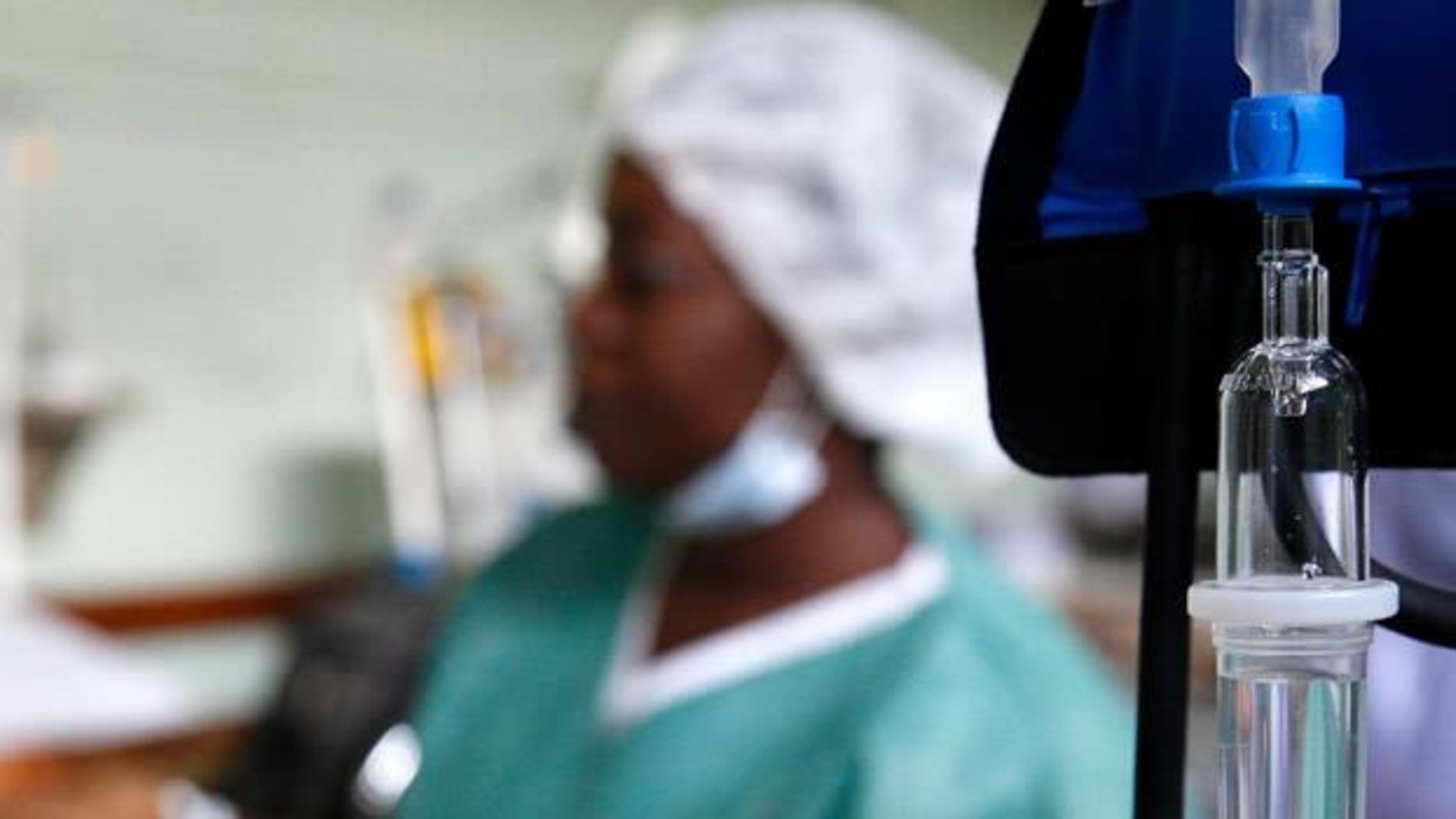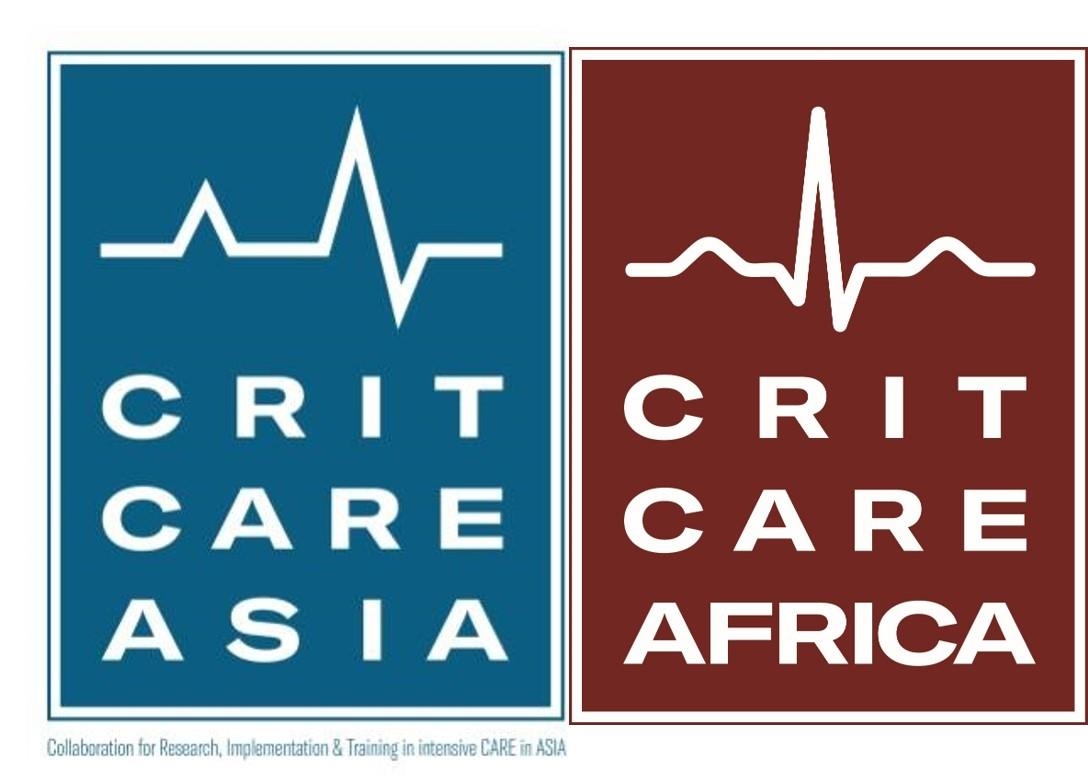Critical Care Asia and Africa

About this Priority Setting Partnership
Whilst priority setting partnerships have identified research priorities in the UK, the heterogeneous nature of disease and conditions resulting in critical illness, together with wide variation in intensive care unit (ICU) service organisation and delivery, means the expectation and experiences of both healthcare providers and those receiving care are likely to be different.
The Collaboration for Research, Implementation and Training in Critical Care in Asia and Africa (CCAA) is a Wellcome funded community of practice led by clinicians working with critically ill patients in diverse healthcare systems internationally. Its aim is to improve outcomes for critically ill patients, build on existing capacity for research and strengthen ICU service provision in poorer resourced healthcare settings. Collaborators are predominantly but not exclusively located in the Asia and Africa continents.
The aim of the Critical Care Asia and Africa PSP was to identify priority research questions regarding management of patients in the ICU, ICU organisation and service delivery, and improve patients' physical and psychological recovery following critical illness.
The Critical Care Asia and Africa Top 10 was published in November 2024.

Top 10 priorities
The most important questions
- How can cost effectiveness of critical care services in ICU be improved? (ventilation, organ support, blood transfusion) and ( financial planning/ forecasting for patients and families)
- What are the socio- economic impacts of ICU care for critically ill patients, and their families, and how do these factors influence decision making regarding treatment?
- What strategies are effective in the early recognition of the critically ill patient in LMICs?
- How can infection control/ isolation management in ICU be improved?
- What are the outcomes currently, and what strategies can improve psychological recovery and physical rehabilitation following critical illness? (including family/ home interventions)
- Which patients will most benefit from ICU care?
- How effective are known antimicrobial stewardship strategies in the ICU context?
- How can management and outcomes of priority epidemic prone / emerging infectious diseases in ICU be improved? (*research will include assessment of epidemiology, aetiology, incidence, current guidelines, characteristics and outcomes)
- What are the current practices, decision making and stakeholders perceptions regarding end of life and withdrawal of care in ICUs?
- How can effective management of shock in the ICU be improved? eg steroids, anti-inflammatories, immune modulators
- How can management and outcomes of priority endemic infectious diseases in ICU be improved? (*research will include assessment of epidemiology, aetiology, incidence, current guidelines, characteristics and outcomes)
The following questions were also discussed and put in order of priority at the workshop:
- What is the burden, characteristics and pattern of multidrug resistant infection in ICU?
- What are the outcomes of interest for patients and families after a critical illness?
- How can ventilation management and weaning from mechanical ventilation in ICU be optimised?
- Should care in ICU be standardised, and if so, how?
- What is the role of immune modulation in critically ill patients with sepsis?
- How may ICU services better prepare for future pandemics?
- What are the long term impacts of COVID-19 on lung pathology and lung chronic disease?
Key documents
These documents set out the aims, objectives and commitments of the PSP.
Critical Care Asia and Africa PSP Steering Group terms of reference
Critical Care Asia and Africa PSP protocol (PDF 0.60 MB)